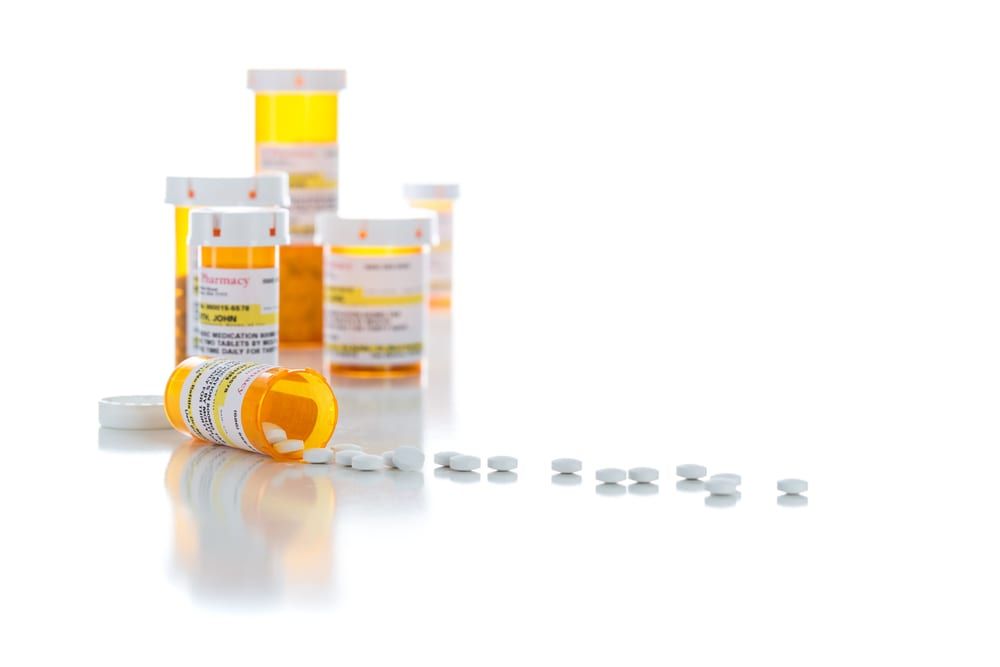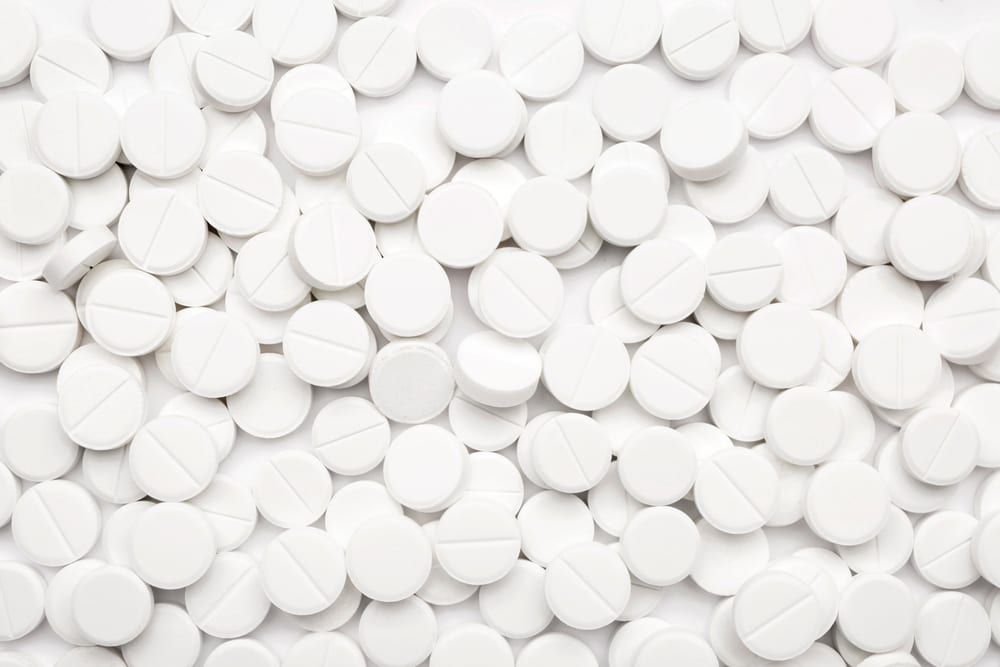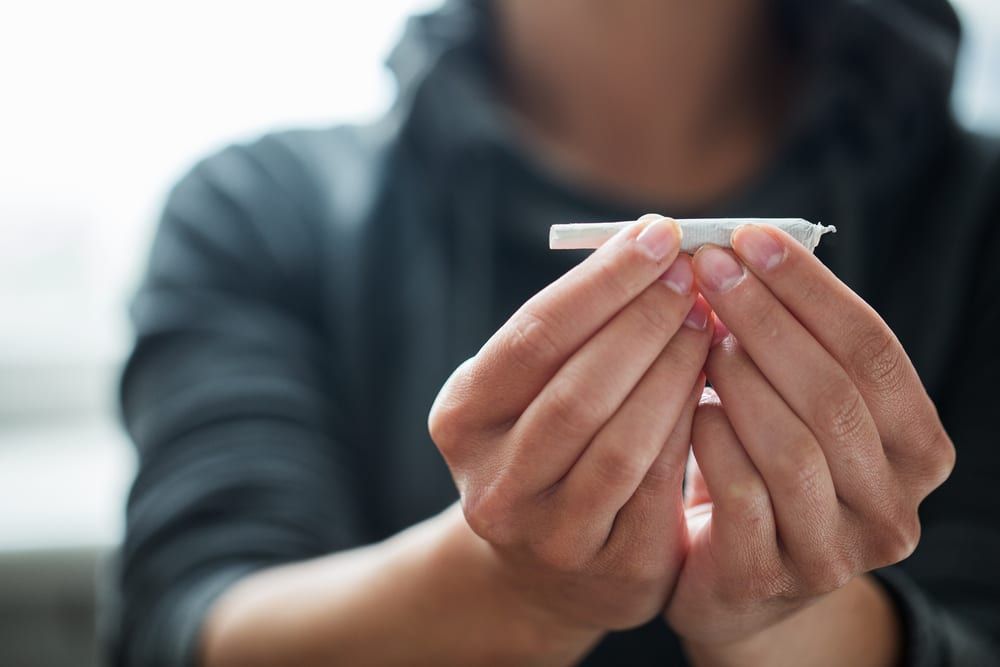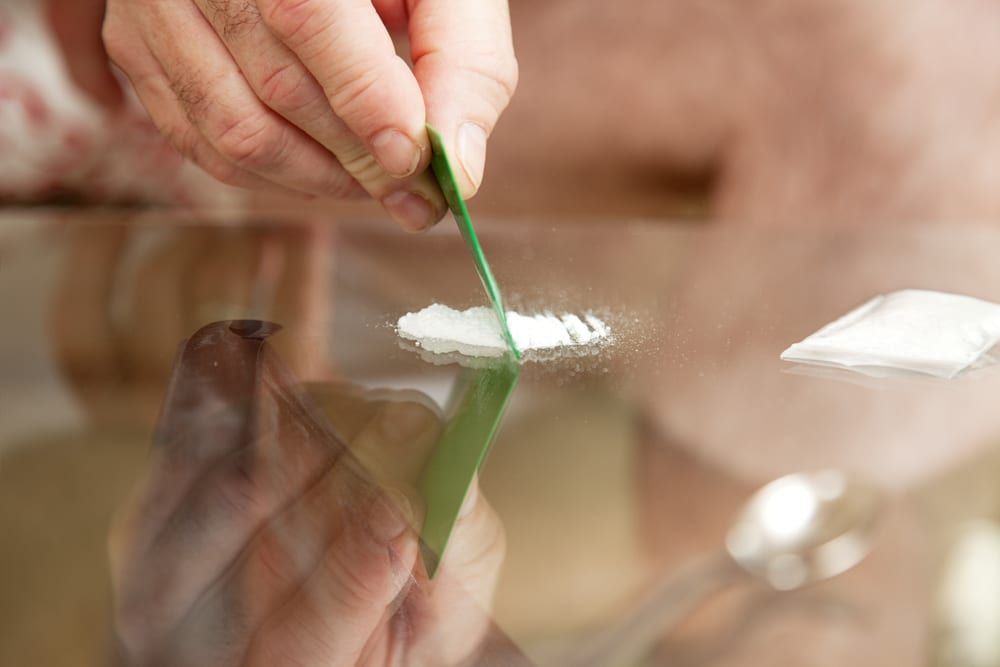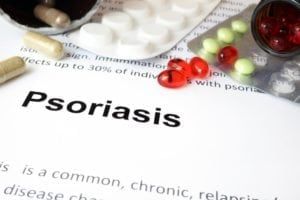Addictions, by its nature, is a complex disease of the brain and body that disrupts the brain’s ability to interpret judgment, memory, reward, and motivation. By its nature, will power alone cannot truly reverse the effects of the disease unless intervened, especially if the person with a substance use disorder has reached a state of lost control over the use of the substance. How the brain and body respond to substances can affect the choices people make, resulting in serious social and health consequences. For therapists and psychiatrists, helping clients recover from their addictions is a crucial part of mental health services. We can offer a variety of treatments to help a vast array of addictions.
Types of Addictions We Can Treat
Out of the most reoccurring addictions, such as meth, cocaine, opioids, and prescription drugs, we can also receive clients with substance use disorders related to behavioral addictions and less common substance addictions.
Behavioral Addictions – Behavioral addictions encompass a set of behaviors that a person depends on and cravings. Currently, the only medically recognized behavioral addiction is gambling addiction. It is described as an “impulse control disorder” where compulsive, competitive betting leads to an addiction to the state of euphoria caused by gambling. Gambling addictions have also been linked to substance abuse. A gambler won’t be able to perform without the other and can occur as a co-occurring disorder with other mental illnesses. Overall, behavioral addictions to gambling can be treated through cognitive behavioral therapy and medication.
Substance Use Addictions/Disorders – These addictions encircle legal and illegal drugs, and take many forms. However, many times, the process of addiction is the same, and the brain’s ability to interpret pleasure can become harmful over time. Some other forms of substance addictions we can treat include:
Smoking Addiction – Smoking cigars and cigarettes can lead to an addiction to nicotine. This stimulant drug speeds up messages between the mind and body and also creates a pleasure response. This response can lead to a tolerance to nicotine and then an addiction.
Steroid Addiction – Steroids, or performance-enhancing drugs, allow for increased breathing during asthma attacks and help build muscle mass. For recreational users, the doses higher than recommended can form an addiction to steroids that can form long-lasting damage to the body.
Inhalant Addiction – Substances such as glue, paint thinners, gasoline, and cleaning fluids can create an anesthetic effect on the brain, giving a “high.” Any dependency on inhalants increases the likelihood of addiction, and can severely impact the body over time if not treated.
Ecstasy Addiction – Ecstasy, also known as MDMA, acts as a psychoactive drug and stimulant, affecting the nervous system and brain for a short amount of time, making it easy for substance dependence to set in.
LSD Addiction – LCD is a hallucinogenic drug that stimulates serotonin in the cortex of the brain, thus altering perception, thought, emotions, and attention. While more of a psychological addiction than physical, LCD can turn into an addiction.
Facts about Other Addictions
- Steroid addictions can lead to serious, permanent health problems such as kidney failure, liver damage, enlarged heart, and an increased risk of blood clots.
- Smoking addictions are reported to be the largest causes of lung, mouth, and throat, esophagus, and larynx cancer
- People can overdose on inhalants, causing seizures and comas, because of the concentrated effects of its ingredients.
- LSD addictions can occur over the constant use of drugs as people develop a tolerance for its doses.
How We Can Help With Other Addictions
Our practice can offer behavioral therapies, such as cognitive behavior therapy, as one of the many forms of addiction treatment. We offer detoxes, outpatient programs, medications, and other methods approved medically as a safe, professional way of gaining treatment for your addiction. When it comes to addiction, we will work with you to help overcome your addictions so you can have a healthier, happier life.

























